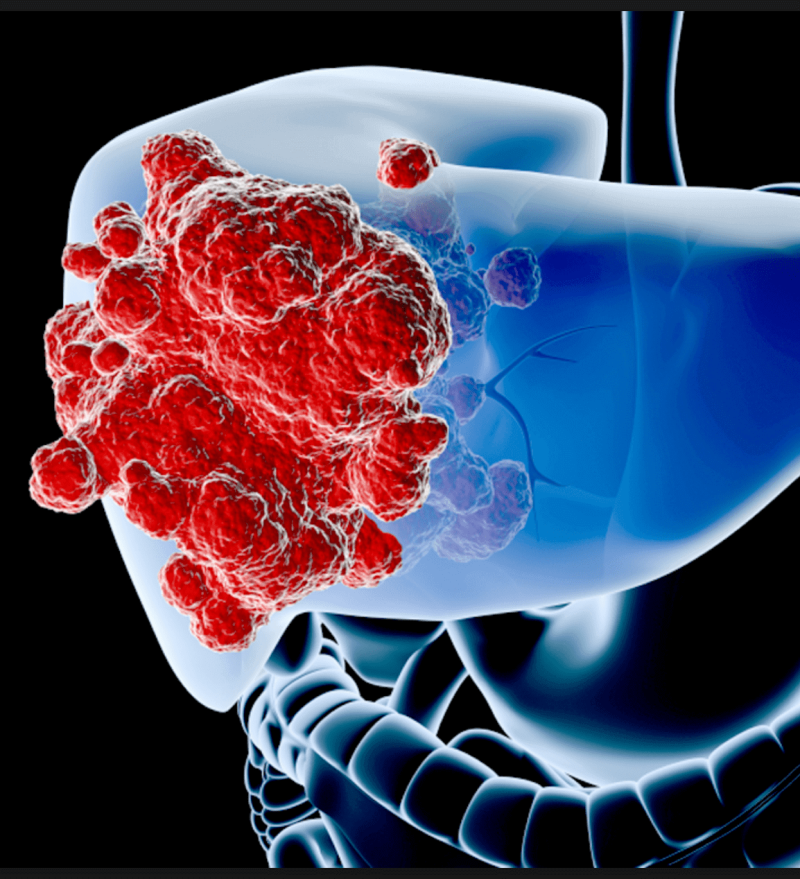A clinician scientist-led research team from the National Cancer Centre Singapore (NCCS) and their US partner from the Cleveland Clinic has led to an important discovery that the GATA4 gene, which contributes to normal liver develoment, is commonly deleted in liver cancer.
The study…is the first-in-the-world study to identify that GATA4 is a key gene that guards the liver against cancer.
Loss of this gene in liver affects the normal liver development and exposes the liver to significant risk of cancer development. GATA4 is a necessary gene for normal liver development and growth. It was discovered that the loss of GATA4 results in abnormal cellular machinery and division, caused unstable cells with wide-ranging negative effects.
…
“For the past decade or so, there has only been one drug approved for the treatment of liver cancer, which is sorafenib,” [says Professor Yogen Saunthararajah, co-senior author of the study, staff clinician, and professor at Cleveland Clinic, USA.] “If we are to develop new and more effective treatments, a crucial first step is to understand how the instructions for liver assembly go wrong and make liver cancer instead.”
[Read the full study here]
The GLP aggregated and excerpted this blog/article to reflect the diversity of news, opinion, and analysis. Read full, original post: Scientists uncover a major gene loss that leads to liver cancer































